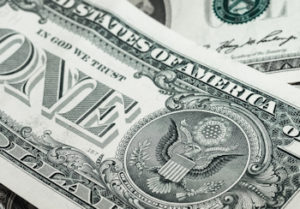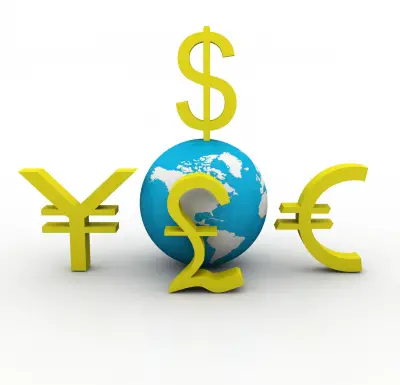 We learn about the usefulness of money from a very young age. But, we’re not always taught how to manage it properly. Often we’re forced to learn by example… thus, we look at our parents’ or friends’ experience.
We learn about the usefulness of money from a very young age. But, we’re not always taught how to manage it properly. Often we’re forced to learn by example… thus, we look at our parents’ or friends’ experience.
Did they save or spend most of their earnings? Did they have any debt? Was it good debt or bad debt? Good debt puts money in your pocket (i.e. a mortgage on a rental property) while bad debt takes money out of your pocket (i.e. credit-card interest).
The good news is, you can take a more proactive approach to learn how to manage your finances. Here are some tips to get a better handle on your budget and to improve your daily finances.
1. Create a Budget
Do you know where your money goes? Do you spend money via Debit or Credit cards or do you spend primarily cash. If you pay by Debit, Credit or Check tracking your expenditures is relatively easy, simply take a look at the last three months of your statements and assign each transaction to a category, such as mortgage or rent, food, utilities, medical bills, and clothing. You will get a good picture where you spend your hard-earned money.
If you use cash however, you need to begin tracking where it is going! It is easy for cash to just disappear and you won’t have any idea where you spent it. Once you have at least one month’s spending assigned to categories you can start the budgeting process.
By setting a limit for each category, you allow for more control over your finances and you can put money aside for larger purchases later on.
Review Your Bank Statement
Contrary to what you may think, banks can make mistakes by depositing your money into a wrong account or charging you for services you may not use. Get acquainted with your bank statement if you have not done so yet. Use it to compare the amounts on the purchase receipts to those in your bank statement. Review it every month for any discrepancies and contact your banking institution for clarification if necessary.
Save a Portion of Every Paycheck
How well are you prepared for unexpected expenses, such as a car repair or a new refrigerator? In these situations, people often use credit cards as they don’t have enough money set aside. By managing your finances, you can free up a portion of your money to set aside for the unforeseen spending. Financial advisers recommend building an emergency fund to cover about six months’ worth of expenses in case you become unemployed due to a layoff or illness.
Reduce Debt
People with poor money managing skills may find themselves in high debt as a result of uncontrolled spending. The first step to debt reduction is cutting unnecessary expenses from your budget and using this money to pay off credit card balances. As you pay off your debt, you will have funds to spend on pleasant things, like a luxury car or a vacation.
Extra Cash
You also have the option of earning more money yourself. Whether it be freelance work, a side job, selling unwanted items or something else, there is always a way to make a bit more money. You can also check out a free unclaimed money search for lost money through your bank or other institution. Getting cash on hand for a rainy day is always a good idea.
Managing money can be tricky, but you do not need to be a financial genius to learn the basics. If you follow these few steps, you will gain control of your finances in a short period of time.


